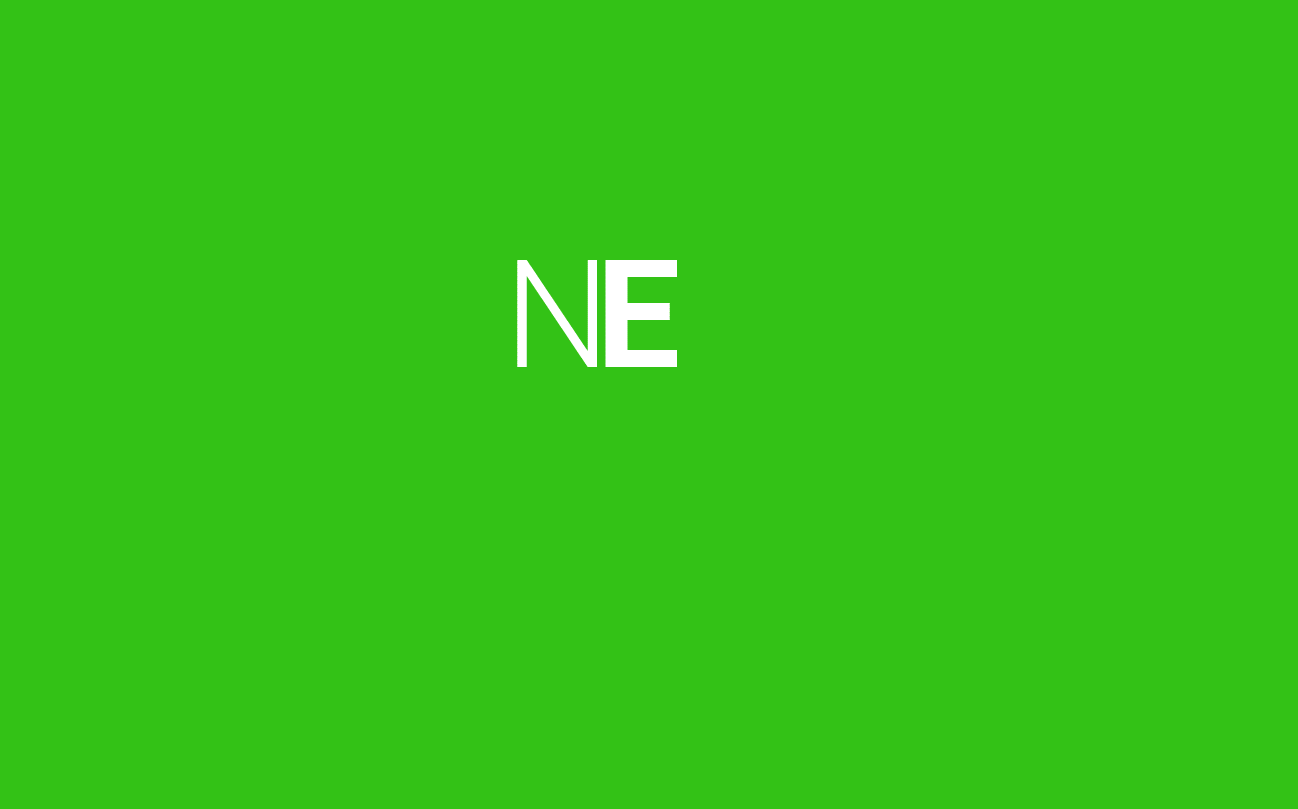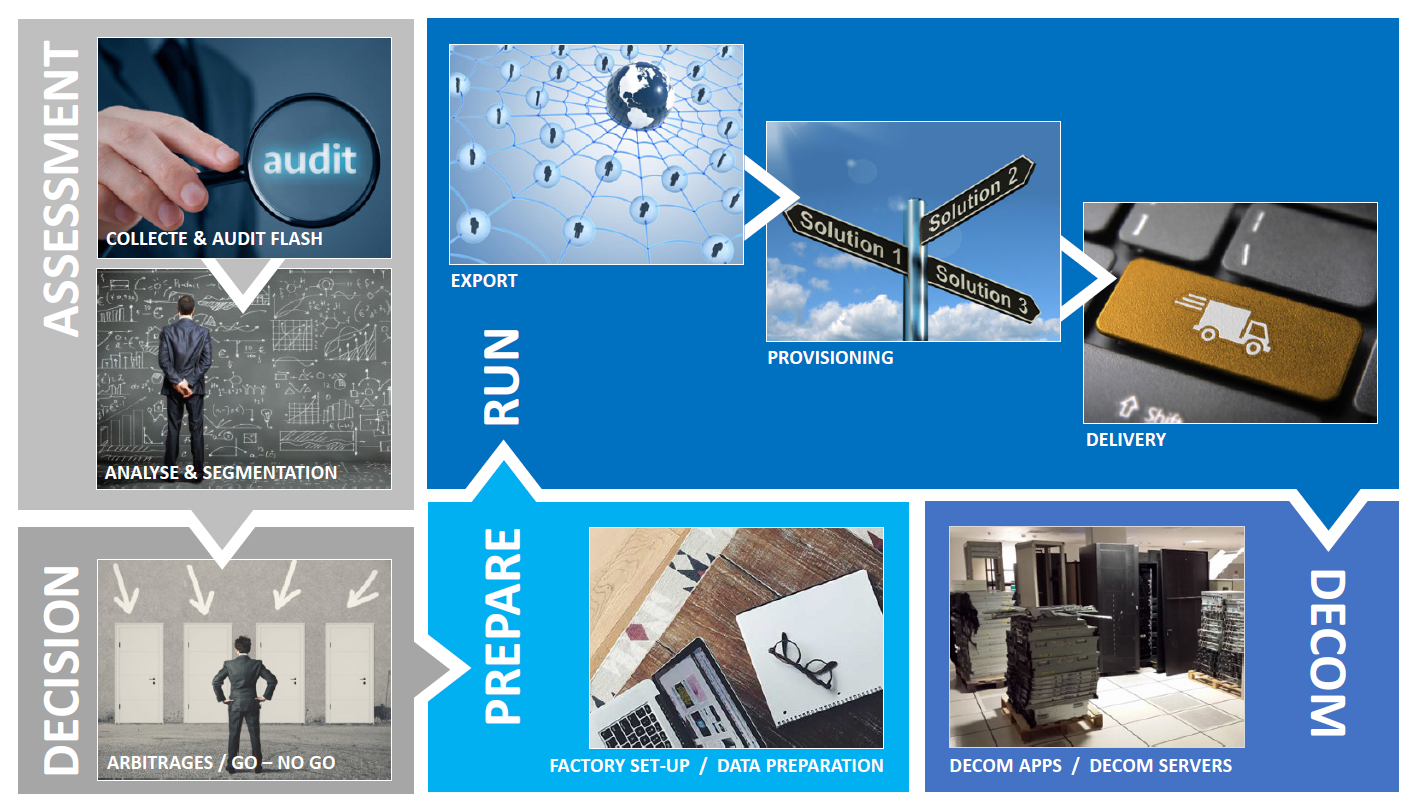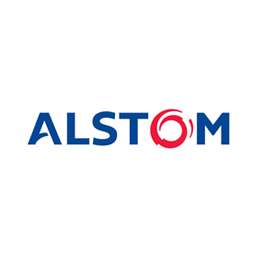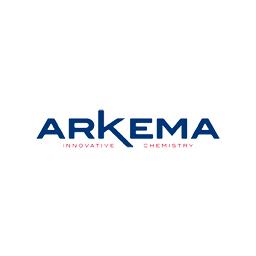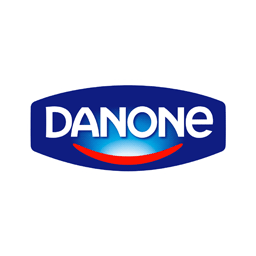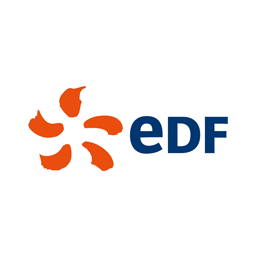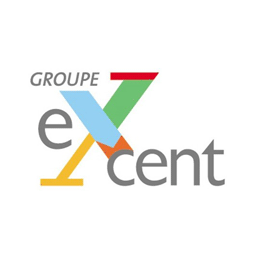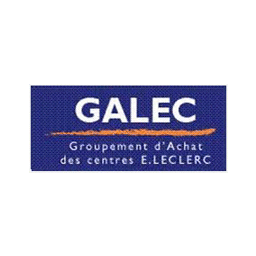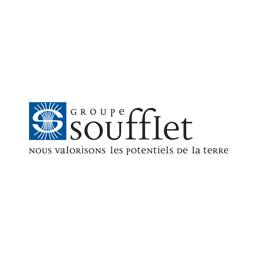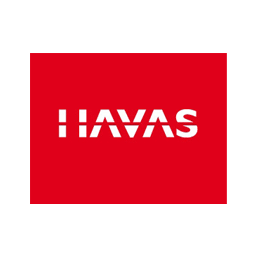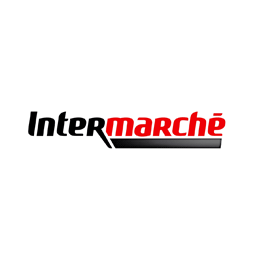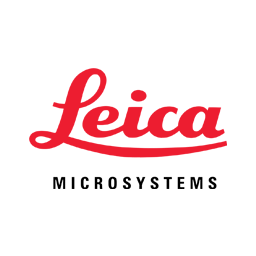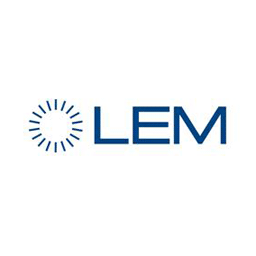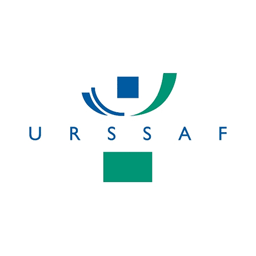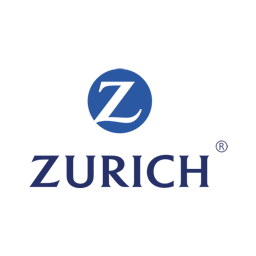Overview

Notes Extractor is a solution to extract the data stored in Notes databases and to convert them, either in the form of files whose formats respect the open standards of the market (XML, HTML, EML), or to proprietary formats (PDF, Word, SharePoint, O365, Google Drive, Google Sites, etc.).
The tool can process all Notes database types:
- Users' mail databases generic mail databases, archive databases ...
- Document databases generated from a standard Notes template (Library, Forum, TeamRoom ...)
- Databases generated from a QuickR site (Main, Room, Contact, Search).
- Domino directories.
- Notes application databases, either accessed via the Notes client or a Web browser.
Data extraction from Notes databases first meets the need to archive inactive Notes databases. The choice of a non-proprietary format ensures data accessibility on the long run, without having to use a Notes or a Domino server.
The Web View has several key features, such as the search module available for all types of databases, and the possibility to reply to messages.
The Web View has several key features, such as the search module available for all types of databases, and the possibility to reply to messages.
Data extraction can also be required in the context of a platform migration project where the data from active Notes databases needs to be transferred to other application technologies (Microsoft SharePoint, Google Apps, Alfresco ...). The choice of open file formats for data transition facilitates the import into the target system.
The Notes Extractor tool is part of a larger ecosystem, between Notes database audit tools (activity, volume, complexity ...) via the Audit Station solution and data automatic integration tools in target systems such as SharePoint Provisioner.
For application databases :
- Data extraction from application databases in XML/HTML/XSL and file hosting by a J2E Application engine. Data from Notes databases is accessed in read-only mode, through a Web browser accessing to the server portal. The application server directory manages the access rights to the various documents.
- Conversion of unused application databases into XML/HTML files before their long term archiving on tape.
- Data extraction from application databases in XML/HTML/XSL formats and re-integration into SharePoint using SharePoint Provisioner.
- Simple data extraction from Notes databases in XML files and import of result in a SQL database (no complex content such as Rich Text or attached files to transfer).
For mail databases :
- Conversion of users' Archive Mail databases in XML/HTML and provision of result files on a users' network drive, for a read-only access to their older archives. Messages are accessed using the desktop Web browser and direct access to files hosted on the network drive.
- Conversion of mail databases into XML/HTML files when employees quit the company (files are provided to them on an USB drive). These can access their mails locally using a Web browser.
- Conversion of users' Archive Mail databases in EML format before their integration into the MimeCast solution for online access.
For QuickR databases :
- All databases from a single QuickR site are processed in order to generate a single file tree (XML/HTML). Data is then injected into a SharePoint site via SharePoint Provisioner.
The conversion of all Lotus Notes database content (application database, mail database, QuickR database ...) into an open format (XML/HTML/XSL) requires the installation of the Notes Extractor product, which includes a Notes setup database (NotesExtractor.nsf) and an executable (NotesExtractor.exe). The executable setup is done in the NotesExtractor database by creating Setup documents. The product can be used on a Domino server or on a Notes client desktop. In any case, XML/HTML/XSL files are created on the hard drive of the machine hosting the executable.
The data from the Notes databases is converted into market standard formats appropriate to its type:

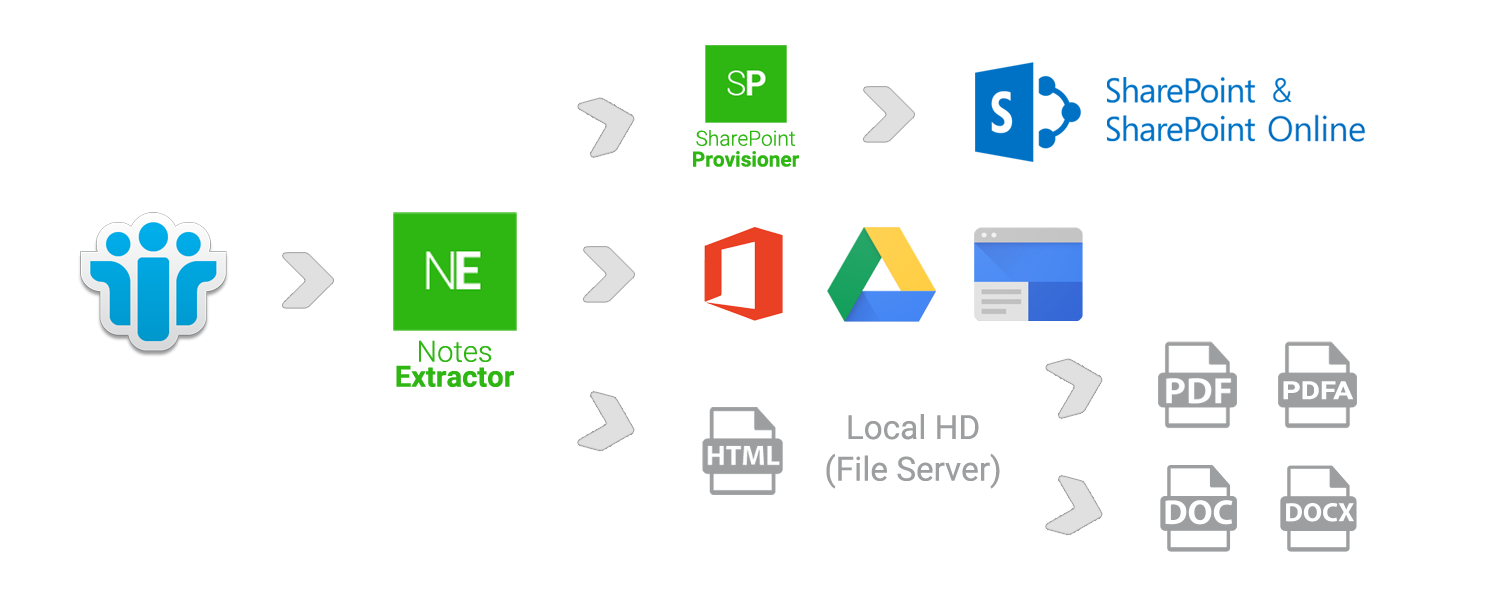
- XML for structured data (Text/Number/Date fields) and document properties (creation date, ID, security ...).
- HTML for rich information (Rich Text or Mime) with preservation of styles, tables, graphics, sections, tabs, links ...
- GIF / JPEG / PNG for images (individually stored: Single Instance Storage).
- EML for messages.
- XSL for data display elements (Form).
- Attached files and OLE objects are directly detached on disk.
In order to preserve the information related to Notes documents security (reading, modification, deletion), user identities (Notes names of FullName type) can be translated according to the target directory (UPN for Active Directory). Notes Extractor also translates the names of groups present in document fields and analyzes the database ACLs in order to solve [Roles].
Indexes of Notes databases' views and folders are exported as XML or HTML files, so that the information related to the document structure is preserved.
If the exported Notes databases have a known template (Mail, QuickR, Library, TeamRoom, Forum databases …), Design elements used for data display (browsers, views, forms) are provided as standard in the Notes Extractor product (as XSL files). If the databases use an unknown template (application database), Notes Extractor will automatically convert database forms and views into XSL files to allow document display.
The conversion result can be used locally with a Web browser (Internet Explorer, FireFox, Chrome) or directly integrated on a Web server. This way, the navigation in the application is done in read-only mode. The result file tree can also be injected using dedicated tools into application architectures such as Microsoft SharePoint, Google Apps, Alfresco, etc.
- Notes databases can be converted individually or as a group (all databases from a server or a sub-directory ...).
- The tool adapts to the database type (Mail Database, QuickR, Library, TeamRoom, Application ...) in order to provide a suitable extraction.
- The choice of the output format (XML/HTML or EML) is possible for mail databases.
- No information from documents is lost during extraction (preservation of document fields and properties in the XML file dedicated to each document).
- Data extracted from databases is directly accessible via the read-only access interface (using a Web browser).
- Document security is maintained (each document specifies who can access it for read-only, modification and deletion).
- User identities are converted to the target directory (a Notes FullName identity becomes an Active Directory UPN).
- No loss of OLE objects, as they are transformed into standard files (Excel, Word, PowerPoint ...).
- Rich document sections (Rich Text or Mime fields) are converted with preservation of their look and feel (style, table, section, tab table ...).
- Links present in documents (database links, doc links) are translated as URLs.
- Document structure is maintained (presence in views, in folders).
- Design elements used for document display (Browsers, Views, Forms) are converted into HTML/XSL format in order to allow the same document data display as in the Notes database.
- The data and design output format uses open formats (XML/HTML/XSL) Files are easily customizable.
- Ability to use a search module for all types of databases, making it easy to find information for read-only use.
- Archiving of inactive Notes databases allows storage savings on Domino servers.
- Consolidation of remaining Domino servers/decommissioning of no longer used servers.
- No recurrent running up cost (data extraction is done once).
- Once data is converted, it can be processed later without needing to maintain an active Domino infrastructure.
- The choice of an open file format allows to delegate data processing to any market player.

Try Notes Extractor for free
Discover all the power of Notes Extractor:
- A COOPERTEAM consultant will demonstrate the power and richness of the features of Notes Extractor.
- Get 24-hour email support from our dedicated team
- Live demo and product presentation available
- No credit card required
Start taking advantage of our solution Notes Extractor for free by completing the contact form.




